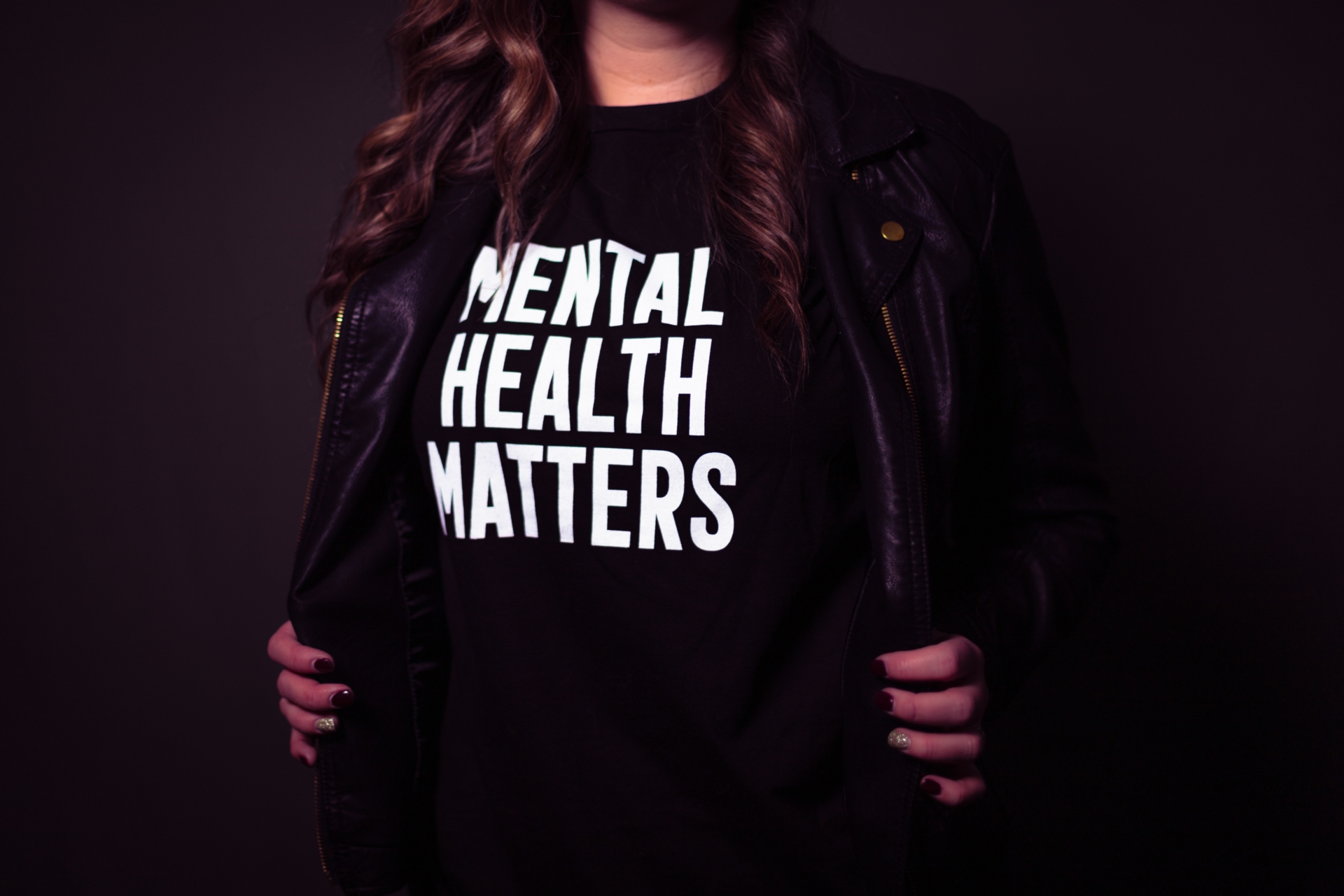The COVID-19 pandemic has caused a variety of medical and behavioral health crises, including a tremendous increase in mental health concerns. The stress of the worldwide pandemic, including extended isolation due to quarantine orders caused increased anxiety and depression in a large portion of the population. Although we are slowly coming out of this period of frenzy, the mental health challenges it created still linger.
May is National Mental Health Awareness Month, which presents an ideal time to establish habits that won’t just treat short term symptoms but create lasting habits to keep mental and emotional wellbeing strong.
READ ALSO: Ranking Arizona: Top 10 behavioral rehabilitation firms for 2021
Invest in Therapy
There continues to be a negative stigma that exists in society that makes therapy seem like a last resort to handle mental health concerns. Many people think they should not seek help from a professional because their condition is not extreme; however, therapy does not discriminate from treating general anxiety to severe manic depression or worsening mental health symptoms. By regularly speaking to an expert about the concerns you are experiencing, you can better understand what triggers your symptoms and how to cope with them in healthy ways. Additionally, speaking to an unbiased outsider about your life can give you clarity that a friend or family member might not be able to provide.
Be More Present
Between work, school, being a parent or simply existing in today’s world, we tend to fall into a cycle of going through the motions just to get by. If your mental health is suffering, these routines can begin to feel mundane, cumbersome and anxiety-inducing. To avoid feeling like daily life is a chore rather than an adventure, it is important to be present in the quiet moments. A great way to ground yourself is by stepping away from whatever screen or task you’re working on and taking several deep breaths. While connecting to your breath may seem easy or silly, it is proven to slow the heartbeat and lower or stabilize blood pressure. Focusing on the present moment through simple mindfulness practices has been found to help with regulating emotions, decreasing feelings of stress, and increasing quality of sleep. Even if you aren’t in a negative space, a consistent deep breathing routine can greatly improve your mind’s response to future woes.
Validate Your Emotions
Because mental health issues are ailments we cannot see, many people believe that they are not “real” problems. For those who struggle with it, they are often told that their feelings don’t matter, “it’s not that bad”, or these feelings shouldn’t be causing such problems. In reality, no one can dictate how you feel, and accepting that is a crucial step in improving your mental health. By recognizing and naming the way you feel in specific situations, you can reflect on the causes of your distress. Your feelings are real because you experience them, and that is the most important thing to remember. Honoring the emotions when you experience them, validating them, and seeking support to work through them are critical to healing.
The journey to strong mental health is not linear – we will all have good days and bad days. But the way we treat our mental health can be a significant differentiating factor in how we move through life. By accepting that these challenges are normal and putting in consistent effort to handle them in healthy ways, we can find balance.
Michelle Sproule is chief clinical officer at Scottsdale Recovery Center. Since 2008, Scottsdale Recovery Center has served the needs of people nationwide searching for a successful solution to remove active alcohol, opioid, cocaine and other addictions to enjoy the benefits of living drug-free. With four facilities in Scottsdale and Phoenix, Arizona, Scottsdale Recovery Center continues to reset the standard of Detox, Inpatient Residential, Intensive Outpatient, and Sober Living practices.
Note: Information herein is NOT intended to be taken as medical advice. No therapeutic or medical claims are either implied or made. Before starting any addiction detox, treatment or recovery program please consult with a health care professional. DO NOT ALTER ANY MEDICAL TREATMENT, OR THE USE OF MEDICATIONS, WITHOUT THE PERMISSION OF A LICENSED, MEDICAL CARE PROVIDER. The information herein is not intended to diagnose, treat, cure or prevent any disease.




